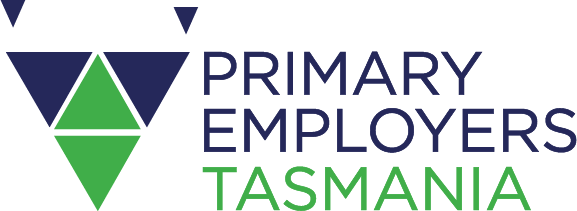Employing Backpackers
When employing working holiday makers (backpackers) a standard visa condition limits their work with the same employer to six months. However, many employers may not realise their options to allow for a longer period of work.
The relevant visas, Subclass 417 and Subclass 462 allow young persons from over 40 eligible countries to travel, work, and study in Australia for up to 12 months.
Several exemptions can allow backpackers to work beyond six months with the same employer without permission if they:
• Work in different locations, and
• Do not exceed six months at any one location.
Examples of different locations may include:
• Different farms under one ABN
• Subsidiaries with different ABNs—If a business operates under different ABNs, they may be treated as separate employers or locations.
• Remote work or working from home (a change to/from remote work counts as a location change)
• Self-employed individuals providing services to multiple businesses
These exemptions provide much greater flexibility in modern day settings were working from home and multiple locations or offices are a reality for many businesses.
However, both the employer and the backpacker should keep detailed records and seek immigration advice if relying on these exemptions—as the guidance policy for this condition and how it applies may change.
Other exemptions to the six-month work limitation also exist for:
• Work in animal and plant cultivation (exceptions apply).
• Work in natural disaster recovery.
• Work in a critical sector – currently including Agriculture, Tourism, and Hospitality.
If an exemption does not apply, it may be possible for a Working Holiday Maker to request permission to work for longer than 6 months with the same employer.
The Department of Home Affairs may grant a Working Holiday Maker employee permission to work for your business for longer than six months if:
• They've applied for a new visa that allows full-time work and are waiting for a decision
• Or if their role is critical to your business and you provide a supporting letter to explain why.
The process involves the employee submitting a request to the Department of Home Affairs online and once submitted, they can keep working for your business until they receive a written decision.
Some employees coming to the end of their Working Holiday Maker Visa period may be able to continue working with the same employer if they are eligible to apply for a second or third visa under the program.
The six-month limit resets when they're granted a new visa under the Working Holiday Maker program or a Bridging Visa.
Employers are legally responsible for ensuring their workers have the necessary work rights. It is therefore important to understand how visa conditions apply – such as the six-month work limitation.
It should be noted that visa holders are subject to the same employment entitlements as Australian citizens, and the award and National Employment Standards apply.
